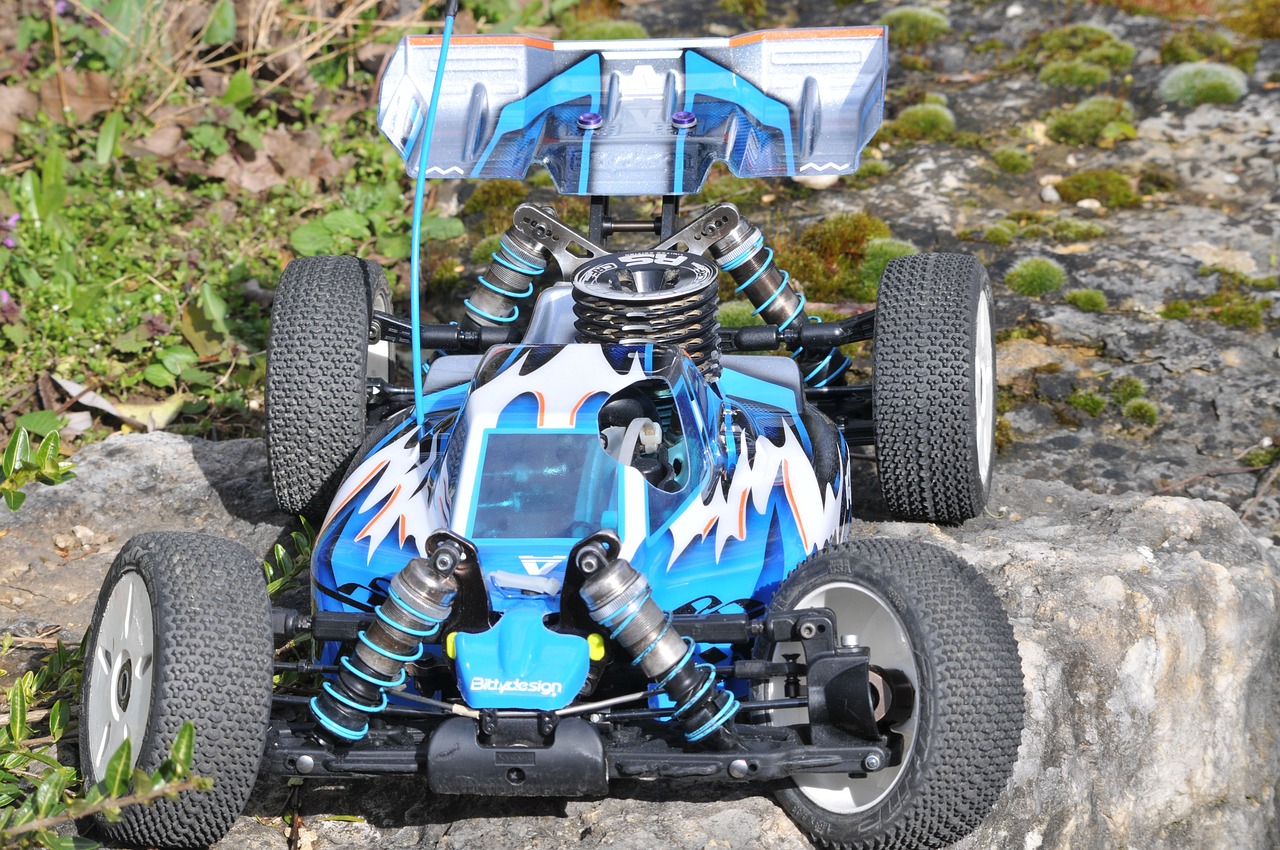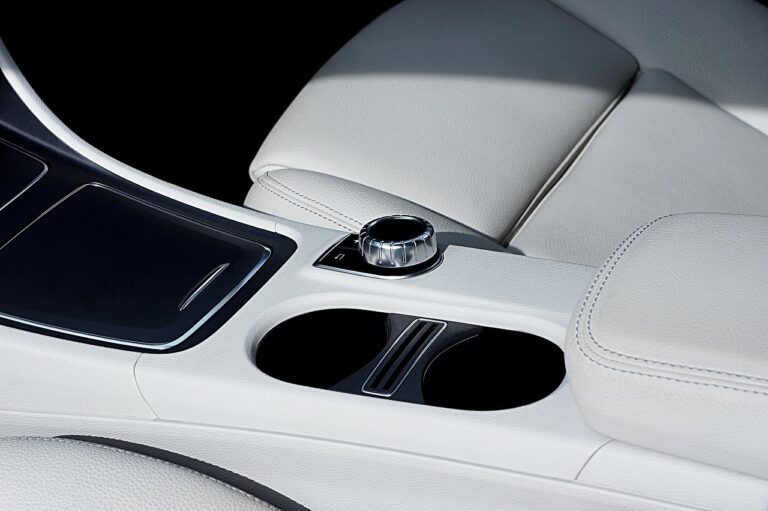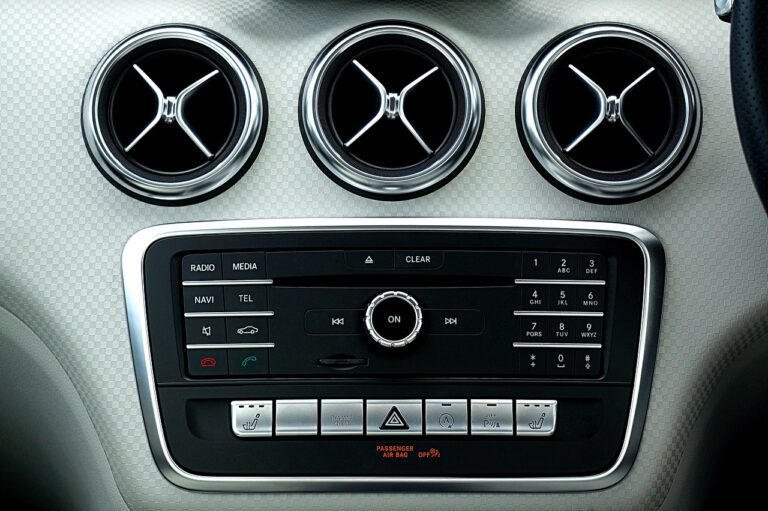The Impact of Auto Industry Shifts on Employment Opportunities
Traditional auto workers are confronted with a rapidly changing landscape within the automotive industry. The introduction of new technologies such as automation and robotics has led to a need for reskilling and upskilling among these workers. Many are finding it challenging to adapt to these new technologies, leading to concerns about job security and job displacement.
Additionally, the shift towards electric vehicles is posing challenges for traditional auto workers. The skill sets required for working on electric vehicles differ significantly from those needed for traditional internal combustion engine vehicles. This shift has left many traditional auto workers feeling uncertain about their future within the industry, as they grapple with the need to acquire new skills and competencies to remain competitive in the evolving job market.
Emerging Job Roles in the Electric Vehicle Industry
One of the emerging job roles in the electric vehicle industry is that of a Battery Systems Engineer. These professionals are responsible for designing and developing advanced battery systems for electric vehicles. With a strong background in electrical engineering, they work on optimizing battery performance, efficiency, and durability to enhance the overall driving range and charging capabilities of electric vehicles.
Another key job role in the electric vehicle industry is that of a Charging Infrastructure Specialist. As the demand for electric vehicles continues to rise, the need for a robust charging infrastructure becomes crucial. These specialists focus on planning, implementing, and maintaining charging stations across different locations to ensure convenient access for electric vehicle owners. They play a vital role in scaling up the charging network to support the growing number of electric vehicles on the roads.
Impact of Automation on Auto Industry Jobs
Automation in the auto industry has revolutionized the way vehicles are manufactured, leading to increased efficiency and precision. However, this advancement has also resulted in a decline in traditional auto industry jobs that were previously reliant on manual labor. As robots and machines take over tasks like welding, painting, and assembly, the need for human workers in these roles has decreased significantly.
Moreover, the rise of automation has created a demand for a new skill set in the auto industry. Jobs that focus on programming, maintenance, and supervision of the automated systems are becoming increasingly crucial. As technology continues to evolve, auto workers are required to adapt and upskill to remain relevant in the rapidly changing landscape of the industry. Embracing automation can lead to enhanced productivity and quality in manufacturing processes, but it also poses a challenge for traditional auto workers who must transition to roles that involve working alongside advanced technologies.





